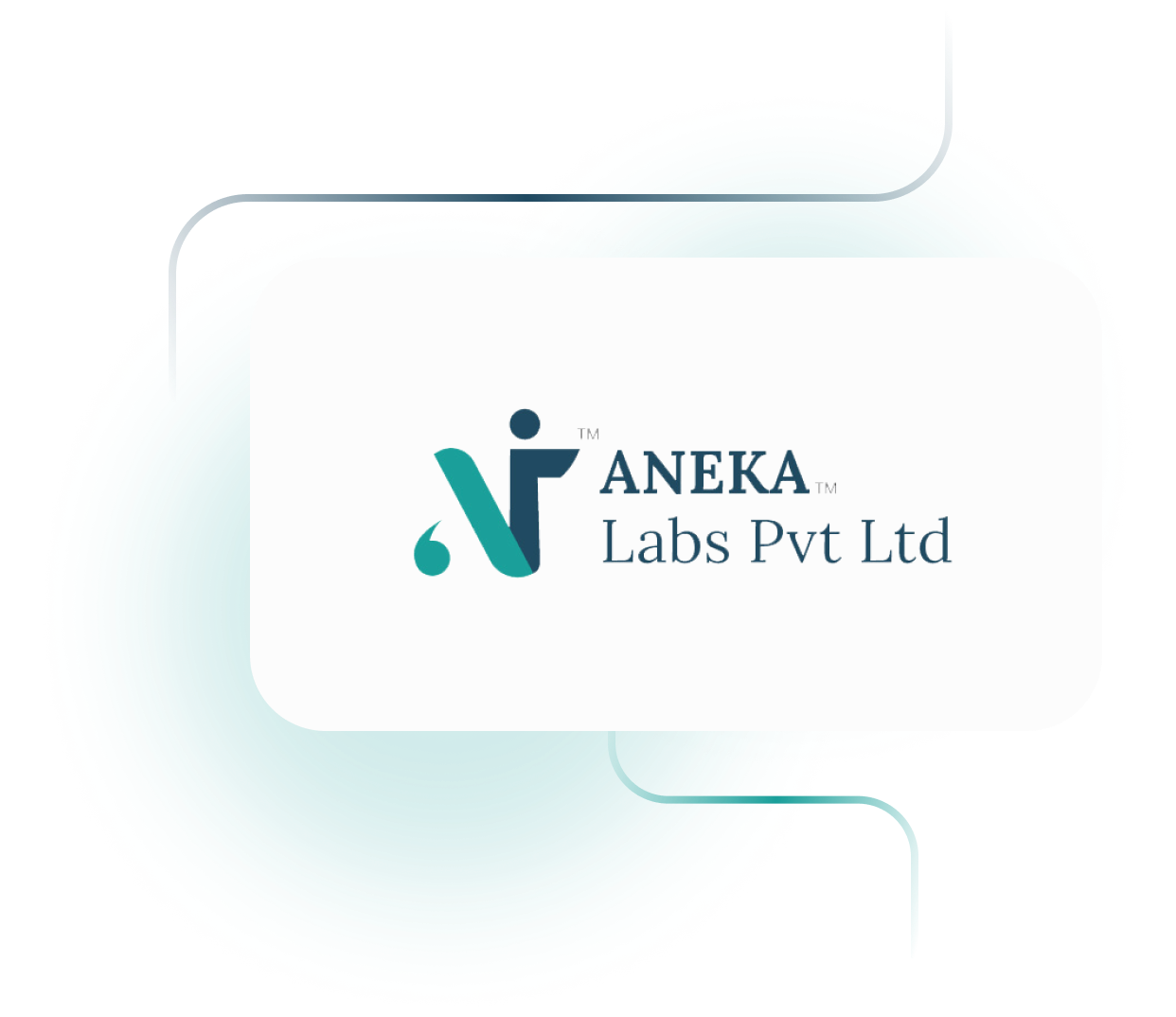How Software Development is Revolutionizing Health & Wellness Industry

The health and wellness industry is experiencing a digital transformation, thanks to software solutions and Artificial Intelligence (AI)-driven innovations that are improving care delivery while enhancing patient experiences and streamlining healthcare operations. As per a McKinsey study, tech-based innovation is projected to generate an annual value of $350–$410 billion in the healthcare sector by 2025.
Whether it is improving patient management or personalizing wellness programs, software development has been playing a key role in addressing some major challenges within healthcare and wellness sectors.
Role of Software Development in Health & Wellness
The integration of advanced software tools and AI solutions is transforming the way healthcare services are delivered. They are enabling healthcare providers to offer more personalized, efficient, and accessible care which has been making healthcare systems smarter and more connected.
Use Cases of Software Development in Health & Wellness
EHR (Electronic Health Record) and EMR (Electronic Medical Record) Systems
EHR and EMR systems are foundational to modern healthcare delivery. These software solutions help healthcare providers manage patient data more effectively by digitizing records, in turn, enabling quick access and reducing the chances of human error. They ensure that medical information is securely stored and can be accessed by authorized professionals at any time which improves the overall quality of care.
Patient Management Software
Patient management software helps healthcare organizations streamline their operations, including appointment scheduling, record keeping, and patient communication. By automating these administrative tasks, healthcare providers can focus on patient care while making sure that the latter experience a smooth and efficient process.
Wellness Apps
Wellness apps are becoming increasingly popular as they allow users to track their health and wellness journey. These apps offer a variety of features such as fitness tracking, nutrition advice, mental health support, and sleep monitoring. By leveraging personalized data from wearable devices and user input, these apps help individuals make informed decisions about their health and well-being.
Patient Portals
Patient portals provide a secure online platform for individuals to access their medical records, schedule appointments, and communicate with healthcare providers. They improve patient engagement by offering transparency and convenience. They also empower individuals to take more control of their health. Patients can access their health information anytime and anywhere which helps them have a more connected and proactive approach to healthcare.
IoT-Enabled Healthcare Solutions
IoT development solutions in healthcare enhance patient monitoring, automate medical device connectivity, and improve data-driven diagnostics. They empower healthcare providers to deliver more personalized and effective care. By connecting devices seamlessly, IoT-enabled systems ensure real-time data collection and analysis which enables proactive health management and more informed decision-making.
How Robust Software Benefits Health & Wellness
1. Improved Efficiency
Software solutions help automate routine tasks such as data entry, scheduling, and record management which results in reduced administrative burdens. This leads to more efficient workflows for healthcare providers and a smoother experience for patients.
2. Personalized Health Solutions
From wellness apps to patient management systems, software enables highly personalized healthcare experiences. For instance, AI-driven wellness apps use user data to tailor fitness regimens, nutrition plans, and mental health support to individual needs. Similarly, EHR systems help doctors create personalized treatment plans based on accurate and up-to-date patient information.
3. Better Patient Outcomes
By integrating patient data into accessible and user-friendly software, healthcare providers can offer more informed and timely care. Real-time access to medical information leads to more accurate diagnoses, better treatment plans, and quicker responses to emerging health conditions, ultimately improving patient outcomes.
4. Increased Accessibility
Health and wellness software increases accessibility to healthcare services, making it easier for individuals to access information, schedule appointments, and communicate with healthcare providers.
5. Cost Efficiency
Software development in health and wellness also helps reduce costs. By automating processes, improving efficiency, and supporting preventative care, healthcare organizations can reduce the need for costly interventions and emergency treatments.
6. Improved Security and Compliance
Health and wellness software solutions are designed with strong security features to ensure the safe handling of sensitive patient data. These systems help organizations comply with healthcare regulations, ensuring that data is protected against breaches and that patient privacy is maintained.
Final Words
Software development plays a pivotal role in transforming the health and wellness sector. As healthcare systems evolve, innovative software and AI-based solutions are becoming essential for elevating patient care, streamlining operations, and expanding access to critical services.

